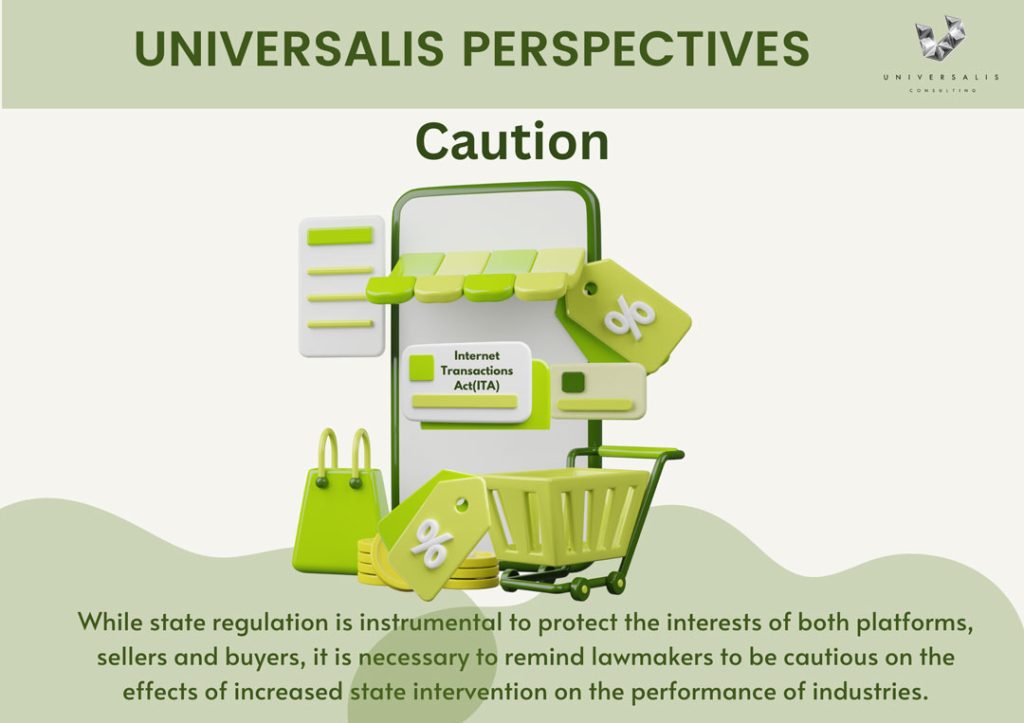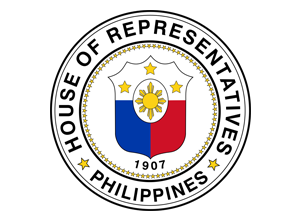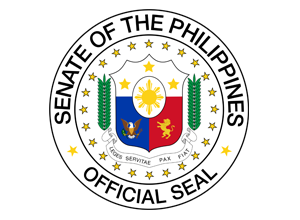Universalis Perspectives: Caution

In the recent years, online shopping and delivery have already cemented their place within the gift-giving culture of most Filipinos especially during holidays and other celebrations. However, as the global economy re-opens, the e-commerce space worldwide has been experiencing several stress and issues ranging from massive layoffs of employees as well as increasing government demands from industry players. The Philippines is no exception from this phenomenon.
The restrictions imposed during the height of the pandemic in 2020 catalysed the unprecedented growth of the Philippine e-commerce industry. Unfortunately, since more Filipinos are now purchasing products and services online, the e-commerce space is not immune from the abuse of fraudsters and hoodlums. Based on a 2020 report from the DTI, complaints about online fraud and erroneous transactions from two of the country’s leading e-commerce platforms increased from 3-5 times based on the number of complaints from 2019.
Such exponential rise of reports regarding online transactions prompted the Senate during the Duterte administration to introduce a legislation that will regulate the e-commerce industry, both platforms and online sellers. Colloquially known as the Internet Transactions Act (ITA), the proposed legislation aims to empower consumers by making both online sellers and platforms liable to a certain extent when these players failed to uphold and perform specific duties outlined by the proposed measure.
While the 18th Congress failed to pass the ITA, President Bongbong Marcos was clear in his first State of the Nation Address last July: the ITA is one of his priority bills. Consequently, the two Houses of the Philippine Congress positively responded to this call-to-action of the President as evident in the multiple versions of ITA currently filed by various legislators in the Senate and House of Representatives..
Indeed, it is important to recognize the role of the state to regulate the activities within the e-commerce space to protect the rights and interests of the ordinary Filipino consumers. However, while state regulation is instrumental to protect the interests of both platforms, sellers and buyers, it is necessary to remind lawmakers to be cautious on the effects of increased state intervention on the performance of industries.
To ensure that the Philippines will bounce-back from the economic impacts of the pandemic, the previous administration ensured that the country will have the necessary legal frameworks and investment conditions to attract foreign capital by liberalizing the economy through the amendments in the Public Service Act, Retail Trade Liberalization Act and Foreign Investments Act. With these conditions inherited by the Marcos Jr. administration, lawmakers should tread lightly and cautiously in outlining the regulatory powers of government agencies to incriminate platforms and sellers. Excessive policing of the industry will both discourage potential investors, induce capital flight, and negatively impact ancillary entrepreneurs embedded within the space of e-commerce transactions.
However, regulation and economy are not always in a trade-off position. There is a way to balance the regulatory objectives of the state and the business interests of e-commerce players by institutionalizing their position on the proposed regulatory law. Why?
The complexity of the Internet entails that the e-commerce industry is a continuously evolving and expanding economic sphere. Thus, the list of problems being dealt by the government will extend as rapid technological advances unfold every year. Thus, technical competence on the theoretical and practical knowledge and practices inside the e-commerce industry is needed. These bodies of knowledge and practices are not only limited to business transactions but technological developments in the production of involved sectors such as health, food, chemicals, intellectual property, etc. To cover these aspects, the state should not function alone. The government and industry stakeholders should formulate a regulatory institutional framework that will account and cover the rapid developments on e-commerce.
Two considerations must be accounted in the current legislative deliberations in the ITA.
First, it is necessary to create a platform where e-commerce industry representatives can continue to participate even after the legislative process. Legislative deliberations should not be the end of the consultation with the industry’s representatives but the law should provide an avenue for the continuation of government agencies’ engagements with e-commerce platforms for the implementation stage. In this regard, the ITA should consider to formally establish a channel where the industry is consulted by implementing government agencies since online selling platforms are the most capable of explaining the complexities and developments rapidly occurring within the sphere of e-commerce.
Second, it is also important to encourage and incentivize e-commerce platforms in order for them to develop a concrete self-regulatory framework. Such approach devolves regulatory duties from the state and reduces the impression of a restricted, business environment in the country. In addition, self-regulation efforts will also complement the objectives and implementation of the ITA.
As proven by regulatory practices outside the Philippines, a more efficient industry regulation is possible if both the government and private sector will collaborate. Similar to other industries, e-commerce is also a complicated market due to the participation of various stakeholders coming from different sectors involved in economic production. To address the issue of fraud and violation of consumer rights, it is necessary to accommodate the demands, insights and recommendations of e-commerce platforms who serve as the most capable and knowledgeable of the situation since these firms are the ones hosting the online sellers coming from different sectors and industries.


